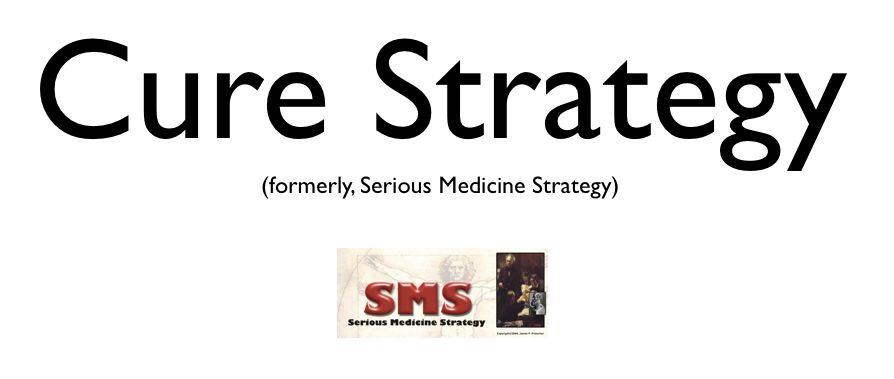
As Obamacare moves toward enactment, it's time to ask: Which is more important, healthcare access, or medical outcomes? Or, to put it another way: Health insurance, or true health care--in the sense of medicine that cures? It's possible to answer "both," of course, but we might note that in political terms, "access" is overshadowing "outcomes." Indeed, it's likely that increased access, as engineered by Washington DC, will result in decreased health outcomes.
Do you want to be able to go to the doctor so that the doctor can offer perhaps obsolete treatments, or do you want to go for a cure? It's an important conceptual distinction. Over the last weekend, that distinction was obvious--in words from Steve Jobs, the Apple visionary, and from John Larson, the chairman of the House Democratic Conference.
On Saturday, Jobs said he "could have died" waiting for a liver transplant last year, as he made a rare foray into public policy, endorsing Gov. Arnold Schwarzenegger's push to increase organ transplantation in California. We are all glad that Jobs received his liver last year, and we hope that everyone gets the liver he or she needs. We should also hope, of course, that visionaries figure out how to expand the supply of livers, legally and ethically. And that means transformative technological innovation, of the sort that's routine in Silicon Valley, but that's barely understood in Washington DC, where zero-sum politics is the name of the game--that is, if somebody gets more, somebody else gets less. (And of course, if liver transplants could be Silicon Valley-ized, applying the power of transformative technology, liver procedures would likely get a lot cheaper.)
What gave Jobs his liver, and saved his life, was medical innovation. Back in the 60s, Dr. Thomas Starzl pioneered liver transplantation--and he was a doctor, not a politician. He was a creator, not a redistributor. Liver transplants were a bold and daring procedure back then, and it took years for Starzl and others to perfect the process; today, perhaps 5,000 liver transplants are performed every year. That's 5,000 lives saved. But again, it's not health insurance that saves lives, it's healthy medicine. (Meanwhile, there's a backlog of 17,000 people waiting. Such procedures are expensive--what will their fate be now that the government is going to take such an active interest in "bending the cost curve"?)
And for his part, Starzl was dependent on earlier transplantation work. The first successful organ transplant was a cornea transplant, was performed by Dr. Eduard Zirm in 1905. In 1912, the The Frenchman Alexis Carrel was awarded the Nobel Prize for Medicine for his work on vascular grafts--the beginning of vein and artery transplants. Human skin was successfully transplanted during World War One, and doctors began experimenting with kidneys and other organs in the 20 and 30s, with no real success until the 60s.
So we see more than a century of medical-science progression, leading up to the successful transplant for Jobs in 2009. And it was science leading the way. Politics might well have helped, in terms of funding research and care, but the driver was science.
Meanwhile, in Washington, a completely different dynamic is evident--and a completely different historical chronology. "This is a historic day, and we are happy warriors,'' said Rep. Larson of Connecticut. "We will be a part of history, joing Franklin Delano Roosevelt's passage of Social Security, Lyndon Johnson's passage of Medicare and now Barack Obama's passage of healthcare.''
That's Larson's history: Roosevelt to Johnson to Obama. Meanwhile, Jobs' history is Zirm, Carrel, and Starzl to the surgeons in Tennessee who performed his surgery.
Which is more important to keeping us alive?


No comments:
Post a Comment